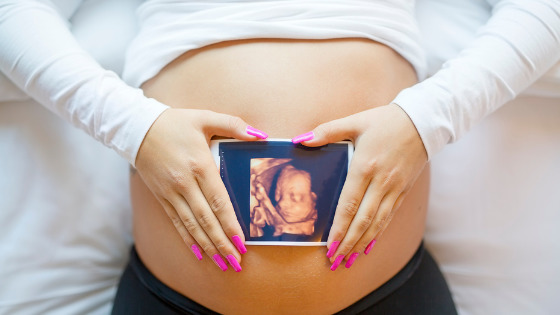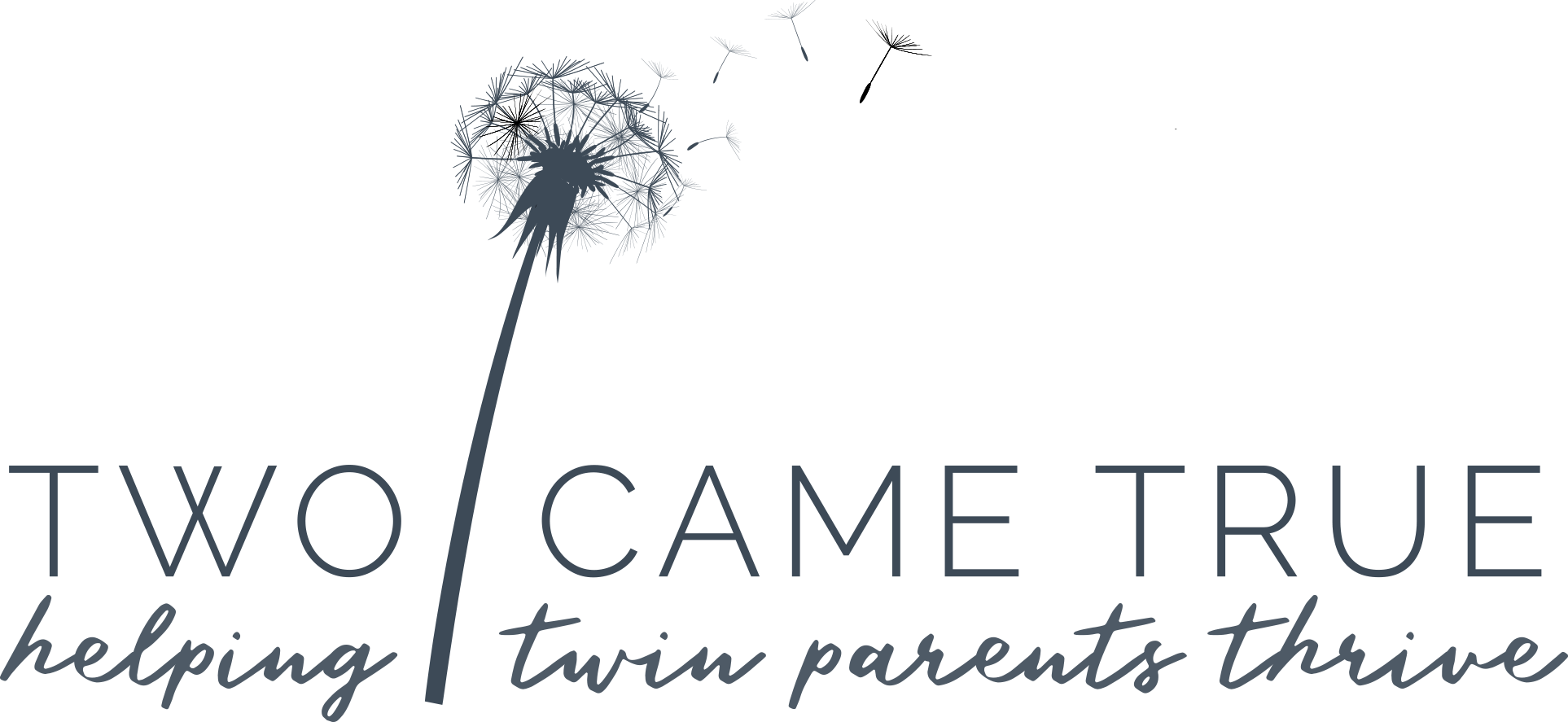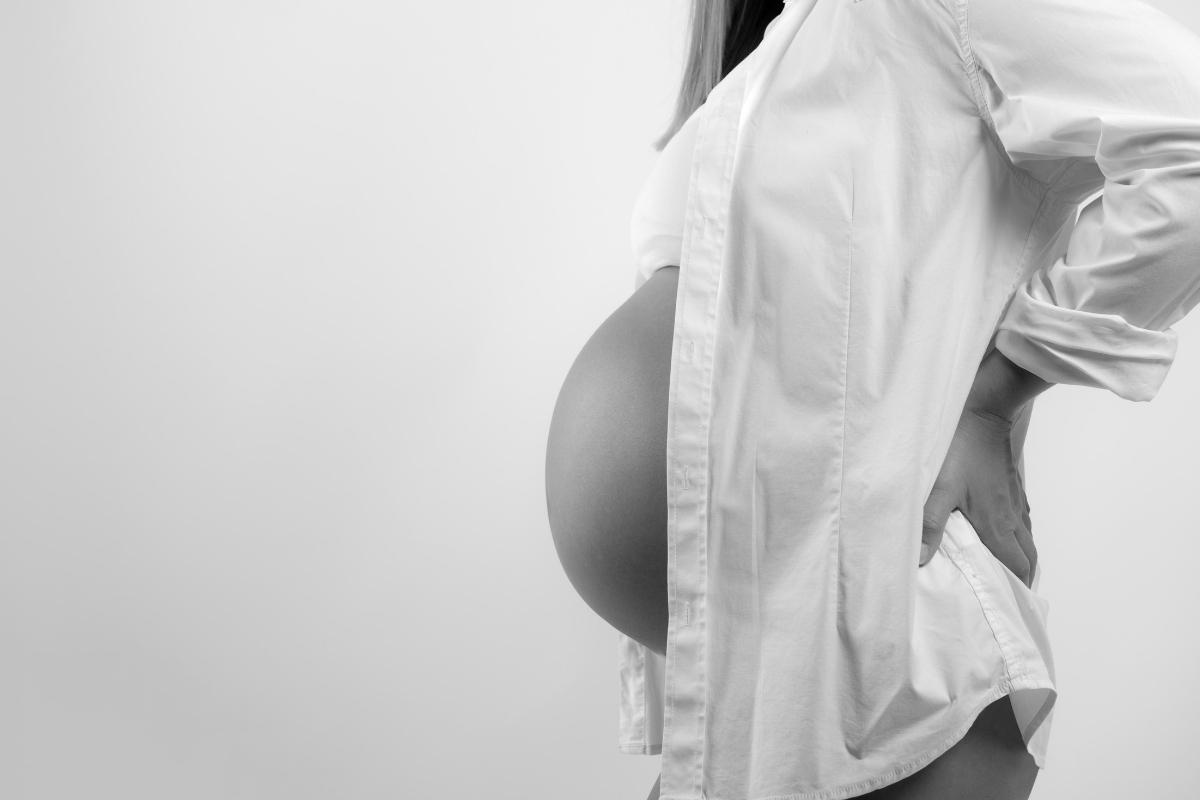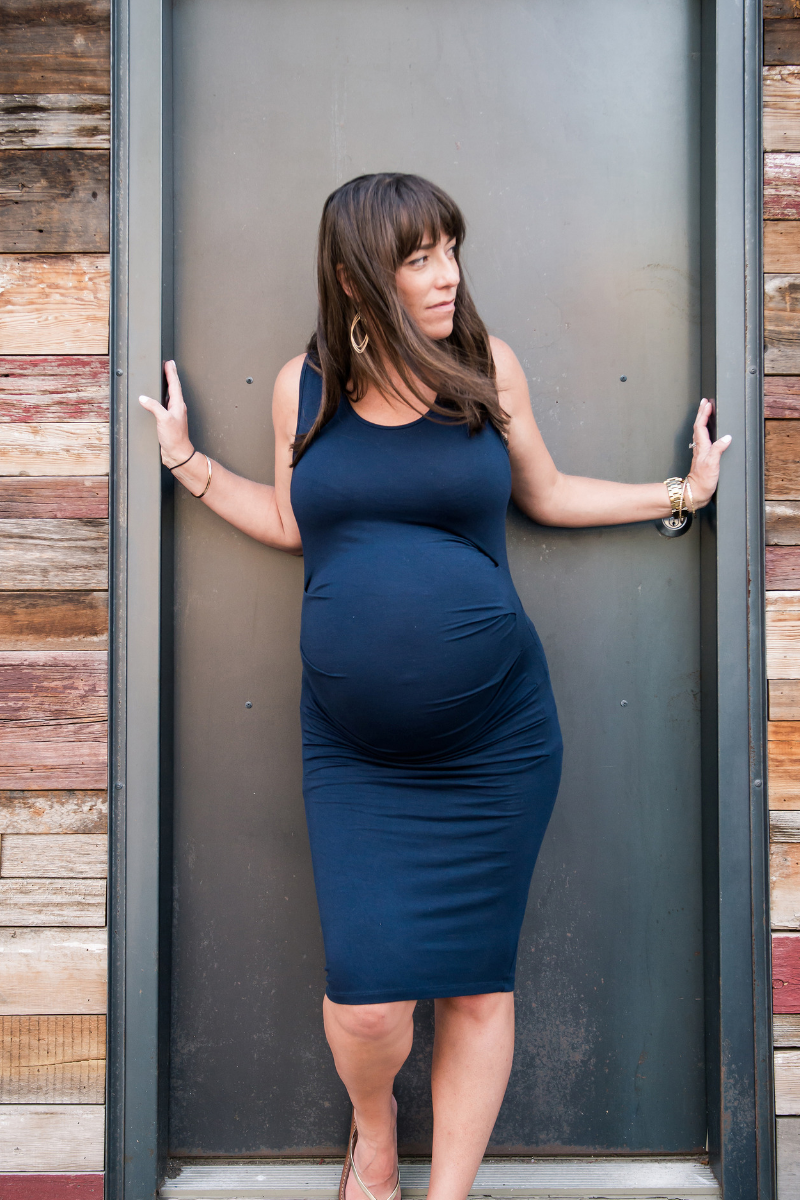This might not be your first pregnancy rodeo, but unless you are one of the lucky few who has more than one set of twins, you can expect that the prenatal care in twin pregnancy, will be different what you would experience in singleton pregnancy.

Why is it so different? There are many reasons.
Women pregnant with multiples are at a higher risk for pregnancy complications, which is why you can expect to spend more time with your doctor. More frequent doctor’s appointments and ultrasounds allow you and your babies’ health to be monitored closely. If complications arise, they can be treated as soon as they are detected.
Your personal health history, previous pregnancies and the type of twins (if they are sharing amniotic sacs or placentas) you are expecting, will impact the frequency of your doctor’s visits as well. Knowing what type of twins you are having is an important question to ask at your very first OB visit.

Frequency of Prenatal Visits in Twin Pregnancy by Trimester:
- 1st Trimester – You may or may not have biweekly visits during the first trimester. Some doctors will schedule appointments more frequently from the beginning (and can depend on your personal circumstances) while others will begin seeing you more frequently in the 2nd trimester.
- 2nd Trimester – You will begin seeing your OB every other week and don’t be surprised by more frequent ultrasounds as well.
- 3rd Trimester – From this point forward, you will be at the doctor’s office weekly.
- A note about medical tests in twin pregnancy: Typically women expecting twins will undergo the same battery of tests as women expecting singletons. You can expect frequent ultrasounds, additional tests checking for anemia, and some non-stress tests to monitor your babies beginning around 32 weeks.

Will a high-risk (maternal-fetal specialist) be part of my medical team?
This again is dependent on your personal medical situation. Don’t be surprised if you are referred to a specialist at some point throughout your twin pregnancy. We both were for very different reasons. While the need for a maternal-fetal specialist isn’t a guarantee, it is better to be prepared. Rest assured these docs are great and more than likely will calm your nerves with their close monitoring.
Things to Discuss with Your Doctor:
- Your doctor/hospital’s policy on where you will deliver. It isn’t uncommon to deliver twins in an OR in case of an emergency.
- Your doctor’s policy about when they prefer you to deliver your babies. Twins are usually considered full term at 37 weeks.
- Your doctor’s philosophy on pain management during a twin delivery. Because emergencies can arise, some doctors prefer to have an epidural placed (even in an unmedicated birth).

Expecting twins can be wonderful, yet nerve-racking experience. It isn’t uncommon for families to be concerned about their higher-risk pregnancy. Our motto is always, knowledge is power.
Do you need resources to help you prepare your family for twin babies? Grab our two books, You Can Two: The Essential Twins Preparation Guide or A Dad’s Guide to Newborn Twins
Having an idea of what you can expect along the way helps manage your anxiety and settle your worries. There is never a silly question, so if something is on your mind, just ask your healthcare professional.












